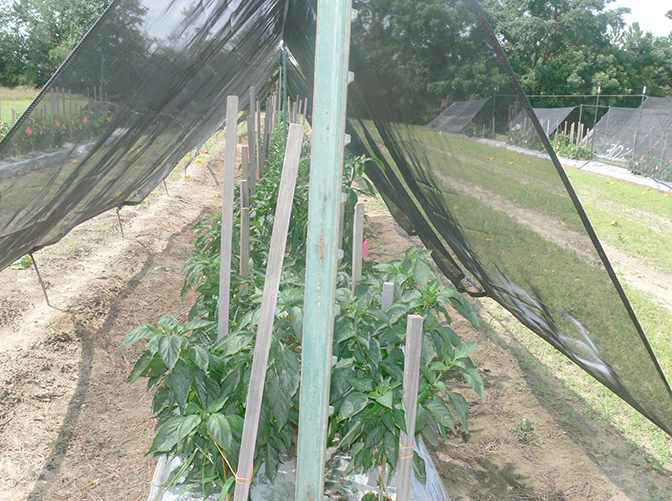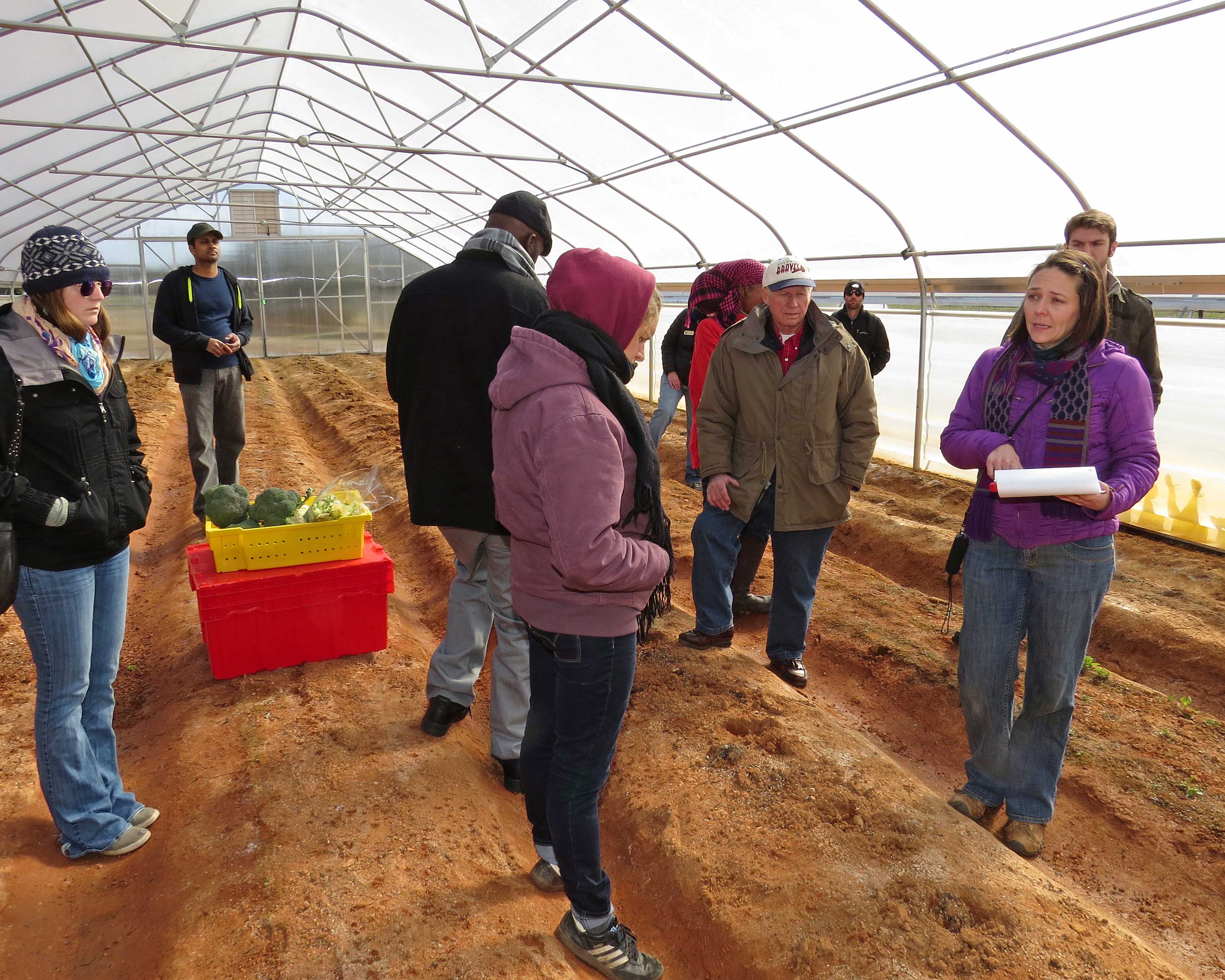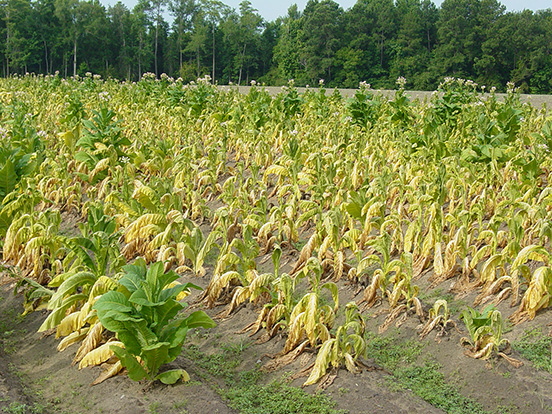 CAES News
CAES News
UGA horticulturist believes shading bell peppers increases yields, extends growing season
University of Georgia horticulturist Juan Carlos Diaz-Perez has found that covering bell peppers with shading nets increases yields, extends the growing season and makes for more attractive fruit.



.jpg)
